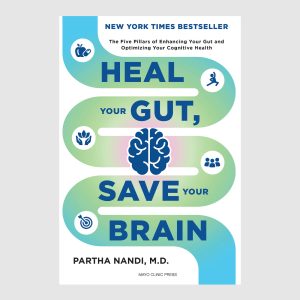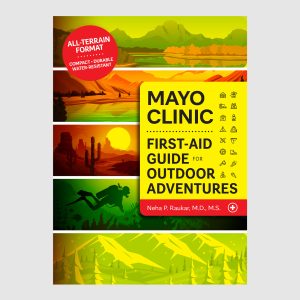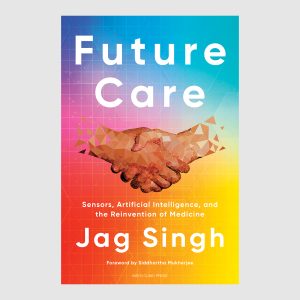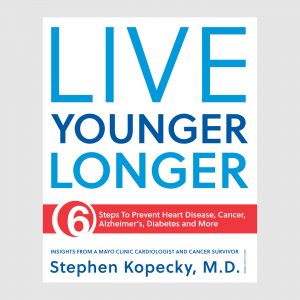
Nearly half of the people 71 and older don’t consume enough protein, according to research that examined the dietary intake of 11,689 adults.
Some older adults don’t consume enough protein because they don’t know the recommended amounts or the protein content of various foods. In addition, with increasing age, many people find it more challenging to consume high-protein foods like chicken breast or beans. For example, you might lose your appetite, develop dental issues that interfere with chewing or have trouble swallowing.
Regardless of the causes, a protein shortfall can lead to real health consequences, says Andrew R. Jagim, Ph.D., director of sports medicine research at Mayo Clinic.
You need protein to maintain your muscles. When you don’t consume enough protein, you’re more likely to lose muscle as you age. Lost muscle may negatively affect your physical performance and metabolic health. It also puts you at a greater risk of losing the ability to perform daily activities such as climbing steps or getting out of bed.
To overcome these challenges, taking a protein supplement can help, particularly for on-the-go situations or when you don’t have the time to cook a full meal, Dr. Jagim says. Use this buyer’s guide to find the best protein powder for you.
Protein powders vs. protein drinks
Protein powders are versatile. You can stir them into liquids such as plain water or milk as well as into certain foods like oatmeal or smoothies.
On the other hand, commercially prepared ready-to-drink protein products provide added convenience.
When choosing between these options, consider their differences and how they fit into your daily routine.
| Protein powder | Commercially prepared protein drinks | |
| Price | $1 to $2 per serving | $2 to $4 per serving |
| Protein content | 20 to 25 grams per serving | 15 to 40 grams per serving |
| Added features | None | Fortified with vitamins and minerals. May contain hydroxymethyl butyrate (HMB), an important amino acid for muscle health. |
| Added sweeteners, which can improve flavor but also add calories | Unsweetened options available. | Few, if any, unsweetened options available. |
Animal protein vs. plant protein
As you examine the various brands of protein powder on the market, you’ll see that they’re made from many different sources. These include the following:
- Whey
- Egg
- Soy
- Brown rice
- Pea
- Hemp
Whey and egg protein powders both come from animals. Whey, the liquid byproduct of cheese production, is one of the main proteins in dairy. Manufacturers use egg whites — the part of the egg with the highest protein content — to make egg protein powder.
Soy, rice, pea and hemp all come from plants.
You’ll see claims from manufacturers that their proprietary protein blend or source more effectively protects muscle. However, in research that looked at people between 60 and 75, there was no difference between whey and the various types of plant proteins. The same is likely true of egg protein. That’s because the majority of commercially available protein powders, regardless of their source, supply the full array of all essential amino acids, says Dr. Jagim.
So experiment with different options and choose the type you enjoy the most.
Collagen vs. whey protein
Whey protein and collagen perform different functions in the body.
Collagen may help promote the health of soft tissues — such as joints, tendons and ligaments — as well as your hair and nails. “Taking 10 to 15 grams of collagen peptides a day may help to slow the progression of osteoarthritis or improve ratings of joint pain,” says Dr. Jagim. However, unlike whey protein, collagen is considered an incomplete protein source, meaning it does not contain all the essential amino acids. As a result, it’s not as effective at preserving the size and strength of muscle tissue.
In contrast, whey and other protein powders likely won’t help keep your joints healthy, but they will protect your muscles.
In other words, “they are both beneficial, but for different reasons,” says Dr. Jagim.
Read more: Can collagen supplements slow aging?
Ingredients to avoid
Look for a protein powder that provides roughly 20 to 25 grams of protein per serving. That will help you meet the recommended daily protein dose of 1.2 grams of protein per kilogram of body weight for people 65 and older. In addition, make sure the protein powder lists all the following essential amino acids: Histidine, isoleucine, leucine, lysine, methionine, phenylalanine, threonine, tryptophan and valine. Ideally, look for a product that contains 100% protein without any additives.
You also may want to avoid the following:
Multi-ingredient products.
Some protein powders include additional nonprotein ingredients. These powders are often marketed as meal replacements, weight-loss aids, weight-gain aids or performance enhancers. Depending on the product, you may not want or need these extras. For example, if you’re not interested in gaining weight, you may not want a high-calorie protein powder advertised as a “weight gainer” or “mass builder.” In addition, you may find other extra ingredients difficult to digest. To better understand what’s included in a product, read the supplement facts or nutrition facts information. Then make an informed decision about whether those extra ingredients are right for you.
Sugar, sugar alcohols and other sweeteners.
Many flavored protein powders contain added sugar. If you’re on a low-sugar diet for health reasons, either look for unsweetened powders or those that contain less than 15 grams of carbohydrates per serving.
Instead of sugar, other manufacturers use sugar alcohols, such as erythritol and sorbitol, as sweeteners. When some people consume these artificial sweeteners, they may experience bloating, gas and other gastrointestinal symptoms. You may need to use trial and error to figure out the best option for you and your body.
Heavy metals.
In an analysis of 133 protein powder supplements, nearly 40% tested positive for the presence of heavy metals like arsenic and cadmium. Because of this, it’s essential to purchase products that have been thoroughly tested for purity by a third-party organization. Look for products that carry a seal of approval from an independent organization such as Informed Sport, the Banned Substances Control Group (BSCG) or NSF.
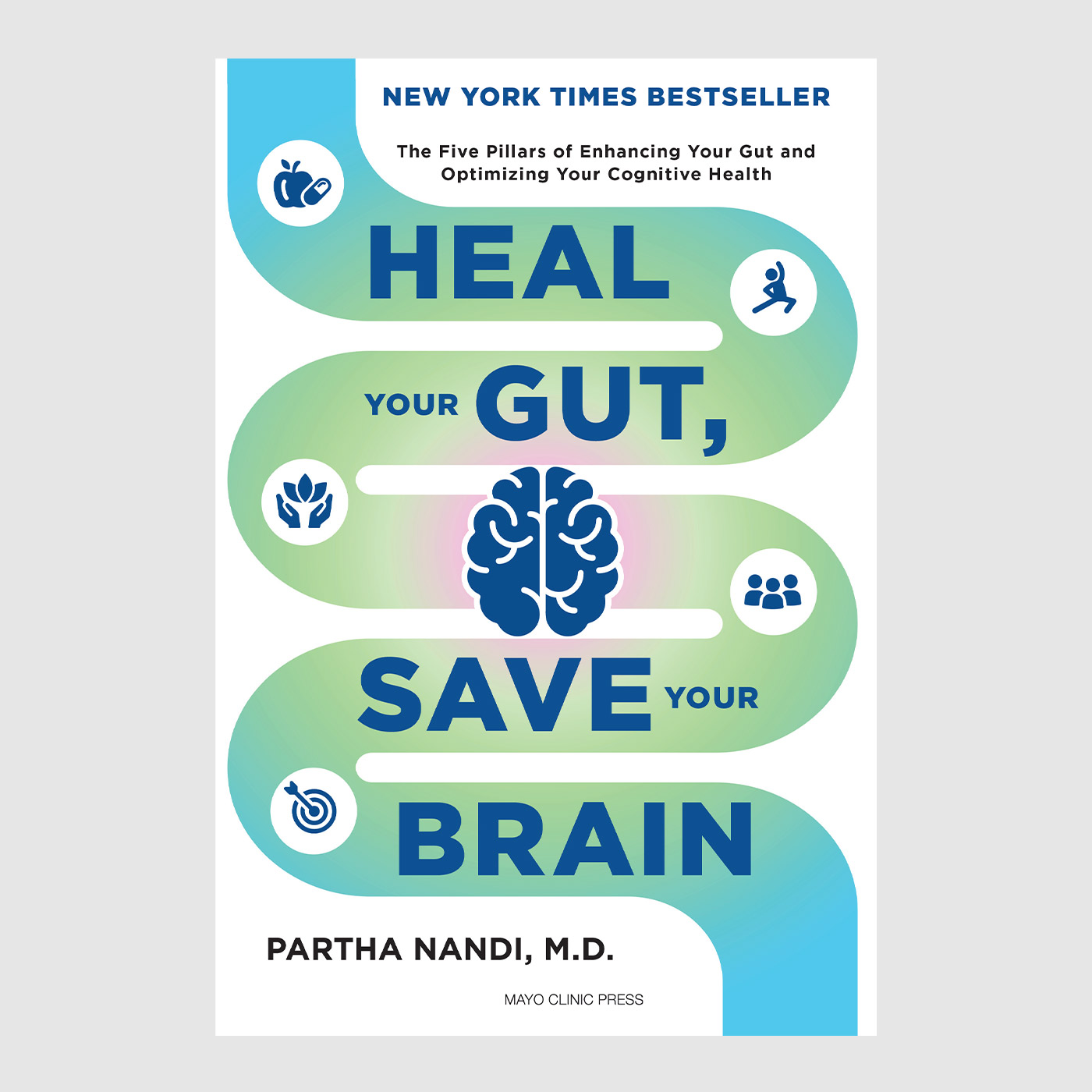
Relevant reading
Heal Your Gut, Save Your Brain
NEW YORK TIMES BESTSELLER Cognitive decline is not your destiny. You can improve your brain function through small steps taken every day. Heal Your Gut, Save Your Brain, by gastroenterologist and health advocate Dr. Partha Nandi, highlights the latest research on the gut-brain connection and gives you a clear protocol…










